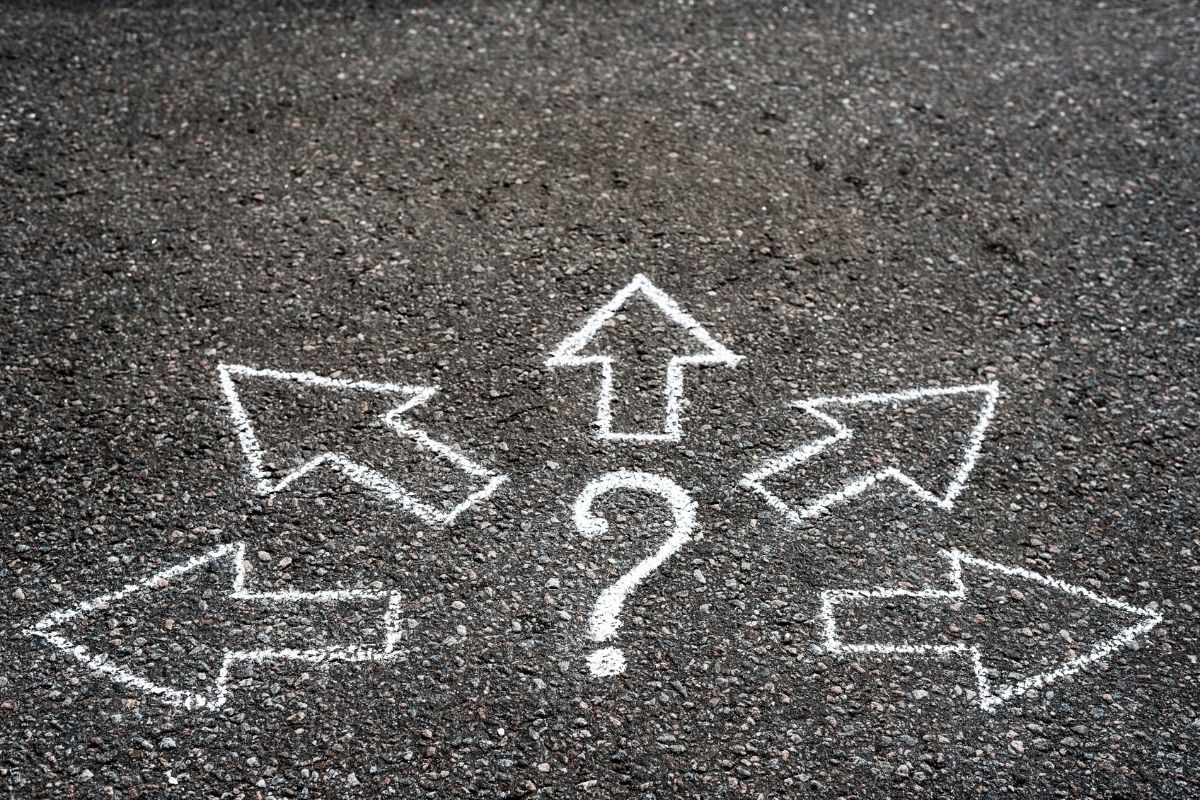
We are coming to the end of Mental Health Month (October)!
I want to thank Sarah Harding (Oasis) and the Wellbeing Ambassadors for a great social media campaign over the past month, posting on Facebook and Instagram about the 20 wellbeing tactics that underpin the Good Vibes Experiment campaign at Flinders and doing giveaways and events with a mental health theme.
Hopefully it has got you thinking about the ways in which you bring positive emotion into your everyday life and helped clarify that one’s mental health isn’t just the absence or presence of distress, but a richer concept encompassing the totality of our psychological experience.
As we exit mental health month, the basic question is ‘what do I do now?’
In some ways that is a really simple question. In other ways it is very complex.
It is complex because we each bring different histories and experiences, hopes and desires, strengths and weaknesses to this project of mental health. Thus the idea of a one-size fits all approach that we can just roll out to everyone doesn’t take account of this diversity. The path to good mental health for each person is going to be a little different. For one person Mental Health Month might be the trigger they need to finally start addressing some mental ill health issues they’ve been facing. For another, it might be the start of paying close attention to their lifestyle (sleep, physical activity, nutrition, drug and alcohol). For another, it’s the beginning of a path of contemplative meditative practice.
But the question is also simple, because an answer (if you consider what sits beneath choosing specific activities) is that for most people, they should develop a plan. Start treating your mental health like you might treat other projects in your life. Set some goals, aspirations, map out what you think you need to do to get there, engage in some additional earning or consult with experts to work out how to make it happen. Experiment and try different things. Track your progress, adjust if necessary. The chances are you have a plan in place for looking after your physical body. Why not one for your mind?
And if you are questioning whether one should allocate something like mental health to a ‘project’ status, remember that many of the biggest challenges of modern life are psychological in nature. We’re constantly bombarded with people/ organisations/ advertising/ media that want our attention and to tell us how to live our lives (I am afraid I am one of them). We’re in a constant state of information overload – access to more information that we could possibly consume in a lifetime. We have deadlines and responsibilities. We have large networks of people we need to try to sustain. There is a never-ending stream of tasks we ‘should’ be doing. And even our biology is shaping the way we think. And in amongst all of that, most of us are just trying to find some kind of peace of mind, feel good at what we do, feel somewhat in control, feel connected to others and feel that we are making some kind of worthwhile contribution – that our lives have value. That battle sounds awfully a lot like ‘mental health’ to me – the goal to find happiness and contentment amongst all the psychological challenges in life.
In that light, why wouldn’t you elevate your mental health to project status. It might be even one of the most important projects?
If the ‘project’ language doesn’t sit well with you, a simpler way might be to think about it in terms of priorities. Namely, making your mental health a priority, and in the process allocating some of your valuable time to thinking about how to build, repair or sustain it.
Now if you don’t know where to start that project, may I suggest the Be Well Plan, free for all students and running in 2022. In that program, we’ll teach you how to build your own mental health plan and you’ll learn the types of activities that work. Register your interest at:https://qualtrics.flinders.edu.au/jfe/form/SV_cSheSbetc7AMw0C
Also check out Good Vibes Experiment Activity Book. Its a more playful take on the idea and the activities in the book are weighted towards fun first, but they each have a deeper message and idea attached to them, in turn illustrating the kinds of things to pay attention to in building one’s mental health. Find them on campuses or order one to get posted out.
And finally, maybe follow me at the Student Health and Wellbeing Blog where mental health and tackling the psychological demands of life are kinda the main things I talk about. If you are reading this post, you’ve already arrived at the blog and may already be subscribed. If you aren’t sure, details about subscribing can be found at: https://blogs.flinders.edu.au/student-health-and-well-being/2019/12/19/welcome-student-health-wellbeing-blog/
Use the end of Mental Health Month as the beginning of a commitment to making your mental health a priority. The teams here at HCDS and Oasis are keen to help you in this process, so connect with us. Follow the social media channels mentioned earlier. Join up to the Oasis Online FLO topic. Or just learn more about what we do at: https://students.flinders.edu.au/support/hcd

